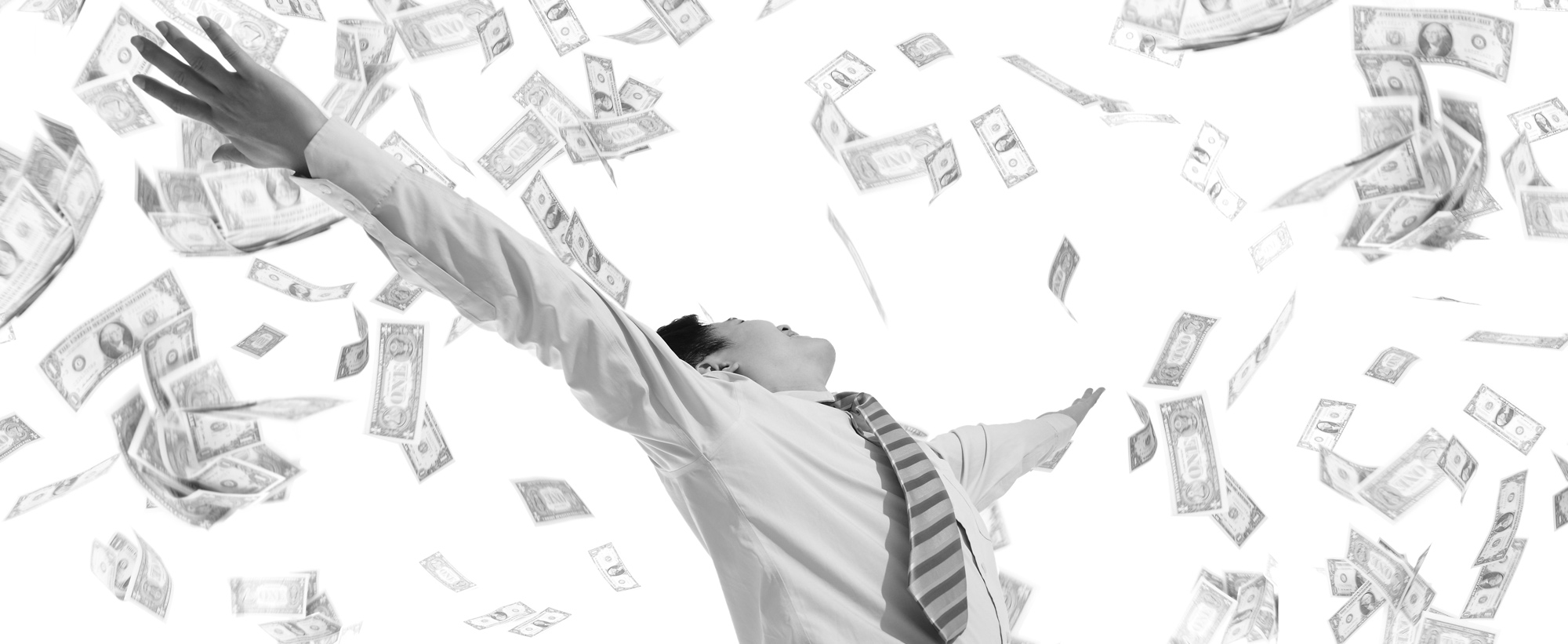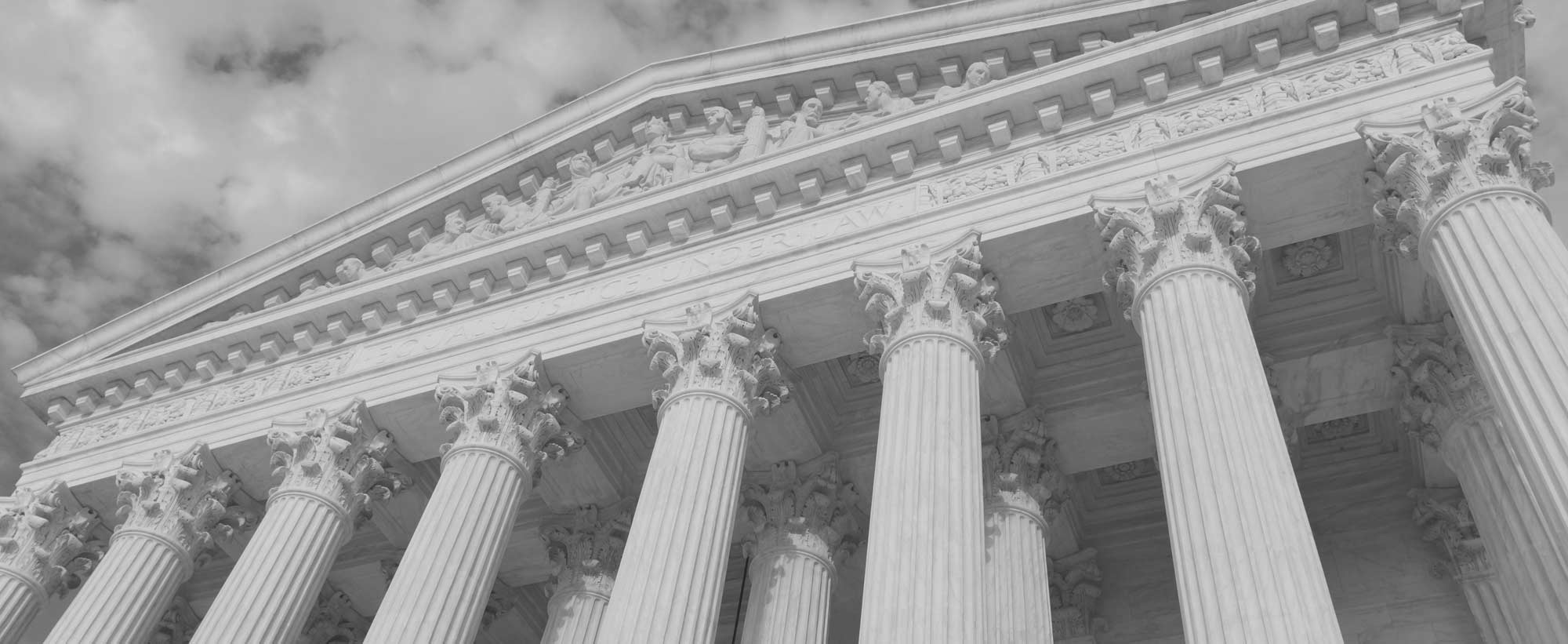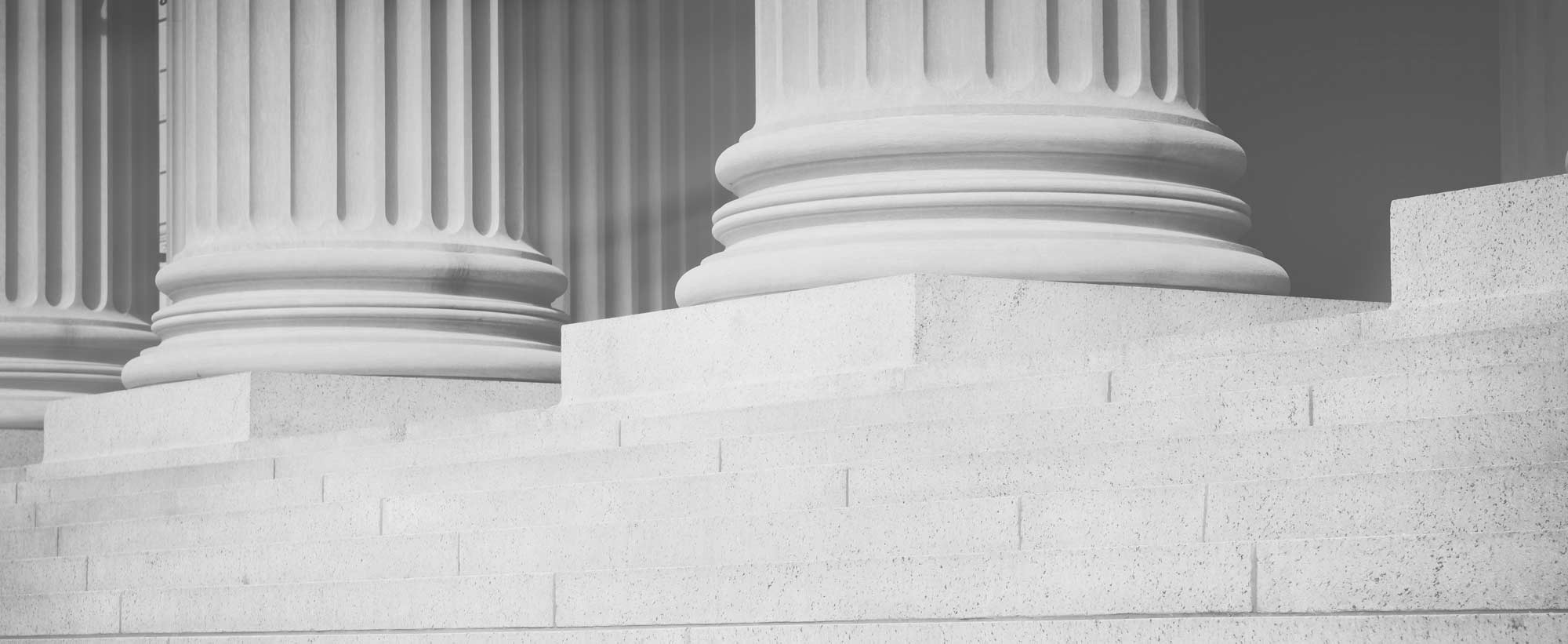Debt can feel, and be, insurmountable. Sometimes it feels like just when you get out from under the lion’s paw, there’s another paw waiting. Often times you are just barely free of debt and then something else happens – like a job loss, a divorce, or a medical emergency. When that happens, and you’ve already declared bankruptcy in the past, is there a way to get free again? There are actually no restrictions when it comes to how many bankruptcy cases you can declare. But if your debts have been discharged in bankruptcy (as is standard), you will need to wait a certain amount of time before you are able to discharge your debts again.
Types of Bankruptcy
Before you file for bankruptcy, it’s important to know what bankruptcy options exist for you. There are a couple options and a bankruptcy attorney will be able to advise you on the best option for you to file.
Chapter 7
When you file a Chapter 7 bankruptcy, almost all of your assets and property are liquidated and thus become the property of the bankruptcy estate. This estate is sold to allow you to repay your debts. There are some exceptions to this though.
During your Chapter 7 bankruptcy, a bankruptcy trustee is appointed and given the authority to sell your assets so that you are able to pay your creditors. Just because your assets are being sold, that does not mean that all of your property needs to be sold.
Chapter 13
Chapter 13 bankruptcy is designed to allow you to keep all of your property but is also determined by your property. The amount of your nonexempt property affects how much-unsecured creditors get paid during your bankruptcy process. And to avoid foreclosure or repossession, you still need to keep up with the payments you make for you secured debt, such as mortgages or car loans.
Chapter 11 Bankruptcy
Under Chapter 11 bankruptcy, the business or individual (you can file as an individual or as a business) undergoes a reorganization in order to pay down its debt and reorganize its income and expenses while regaining its profits. If your business is a corporation, limited liability company (LLC) or partnership, it can continue business operations during the bankruptcy process. While the business is making payments through the debt repayment plan, the business is able to continue day-to-day operations.
The Chapter 11 bankruptcy process can be a complex, and lengthy one. If you are facing Chapter 11, you’ll want to work with a bankruptcy attorney to understand the process and what you will need to do to move through it. They will be able to explain the terminology in addition to what is legal, and what you will be required to do.
How Often are You Able to Declare Bankruptcy?
While it might not be advised to declare bankruptcy as often as you might want, unless a court has ordered otherwise, there are no restrictions for how many bankruptcy cases you are able to file.
There are certain time requirements for discharging debt though. “Discharging debt” is the main function and reason for filing for bankruptcy. This means that all of your debt has been forgiven and you are debt free. Your ability to file another bankruptcy and thus receive a discharge is dependent on these things:
- the type of bankruptcy (either 7, 13, 11, or any other form) you have previously filed
- the type of bankruptcy (either 7, 13, 11, or any other form) you are seeking to file
- how your previous bankruptcy was finalized: either through discharge, dismissal, or dismissal with prejudice
- when you previously filed.
Below we discuss some specifics, in terms of timing, of the above requirements.
Previously Filed Chapter 7 and Filing Chapter 7 Again
If you received a discharge in Chapter 7, you must wait eight years from the date you filed that case before you can file another Chapter 7 and receive a discharge.
Previously Filed Chapter 13 and Filing Chapter 13 Again
If you received a discharge in Chapter 13, you must wait two years from the date you filed that case before you can file another Chapter 13 and receive a discharge. It usually takes three to five years for the repayment plan in Chapter 13 to be discharged. Because of this, once your first Chapter 13 is closed, you can immediately be eligible for discharge in a second Chapter 13 filing.
Previously Filed Chapter 7 and Filing Chapter 13 Now
If you received a discharge in Chapter 7, you must wait four years from the date you filed that case before you can file Chapter 13. This is often called a Chapter 20 bankruptcy and can be effective for paying off priority debts or catching up on a missed mortgage.
Previously Filed Chapter 13 and Filing Chapter 7 Now
If you received a discharge in Chapter 13, you must wait six years from the date you filed that case before you can file Chapter 7. It should be noted that there is an exception to this rule. The six-year limit does not apply if, during the Chapter 13 you did the following
- paid back all of your unsecured debts or
- paid back at least 70% of unsecured debts and your plan was proposed in good faith and your best effort.
Dismissed with Prejudice Restrictions
A bankruptcy court can prohibit you from filing another bankruptcy case. This happens if the court dismisses your previous bankruptcy with prejudice. “Dismissed with Prejudice” means you failed to obey the court’s orders or tried to abuse the bankruptcy system. This typically happens if something illegal was done and is why you should always work with a bankruptcy attorney. It’s very easy for you to accidentally do something – unknowingly – and thus cause the court to deem it an illegal action. If this happens, a bankruptcy court can prohibit you from filing for another bankruptcy for a longer period of time than those specified above. A court is also able to forever preclude you from discharging debts that might have been discharged in the case that was dismissed with prejudice.
Is Filing for Bankruptcy “Bad”?
Bankruptcy and the filing of bankruptcy often gets a bad rep. The common story is that it can take years to recover. But a lot of times, bankruptcy can be just what you need for financial recovery and freedom.
While it’s true that filing for Chapter 13 or Chapter 7 bankruptcy has its downfalls – it will lower your credit score by 100 points or more and thus directly impact your ability to qualify for new credit cards, a mortgage loan, auto loan, or personal loan for a few years after you file – but that doesn’t mean that you should avoid it at all costs.
Bankruptcy can be seen as a last resort, but many people often say they wish they had filed sooner. When diverting all your money to pay off debt and that leaves you with no money for food or, living expenses, and there’s is nothing left over, that’s catastrophic, and then it makes sense to file for bankruptcy. If you find yourself in that spot, we advise you at least speak with a bankruptcy attorney that can advise you on your options.
When Bankruptcy Can Help
Here are some instances when bankruptcy can be helpful:
Liabilities Are More Than Assets
When you owe so much that your debts are far higher than the value of your assets. In these cases, it can be impossible for a consumer to actually catch up to their debt.
Negotiations Don’t Work
It’s always advised that before you decided to file for bankruptcy, that you try to work things out with your creditors. Creditors are often inclined to help out consumers as long as consumers are active in doing so. Many creditors are able to reduce the amount of money owed if you are able to prove you are struggling financially. You might need to provide copies of your most recent paycheck stubs and bank statements, or anything that will prove that your income has fallen or that your savings are depleted to your creditors before they are able to offer assistance.
This is the first step you should take in trying to deal with debt.
But if your creditors are not willing to negotiate, the only option you may have is to file for bankruptcy protection. After you file, your bankruptcy trustee will be responsible for negotiating with the people you owe. A lot of times, these professional negotiators are more able to convince creditors to forgive at least some of your debt.
A Job Loss or Serious Illness
Job loss or serious illness can be devastating – and not just emotionally, but also financially.
Bills and debt tend to pile up quickly during these times, which can make it impossible to generate the monthly income you were once used to.
If job loss, medical emergency, or other financial disaster has made it impossible for you to come up with a monthly income, and there is no way that you will be able to recover in a quick amount of time, then bankruptcy can provide the relief you might need to help you recover from these financial setbacks.
Working with a Bankruptcy Attorney
Facing debt can be overwhelming. The bills can continue to pile up and the creditors can continue to harass you unless you take responsibility and take action. Working with a bankruptcy attorney to guide you through the process of debt consolidation and/or bankruptcy is the first step to getting back on to solid financial footing. The laws regarding bankruptcy can also be confusing. Because of this, it’s highly advised that you work with a bankruptcy attorney such as the ones at Resnilk Hayes Moradi that can walk you through the process and clarify any questions or concerns you might have. There can be a lot of questions during this extremely stressful time and we are happy to help you plan how to move forward with a solid financial future.
5455 Wilshire Blvd STE12000
Los Angeles, CA 90036
Phone: (213) 699-3055
https://ibankruptcyattorneys.com



